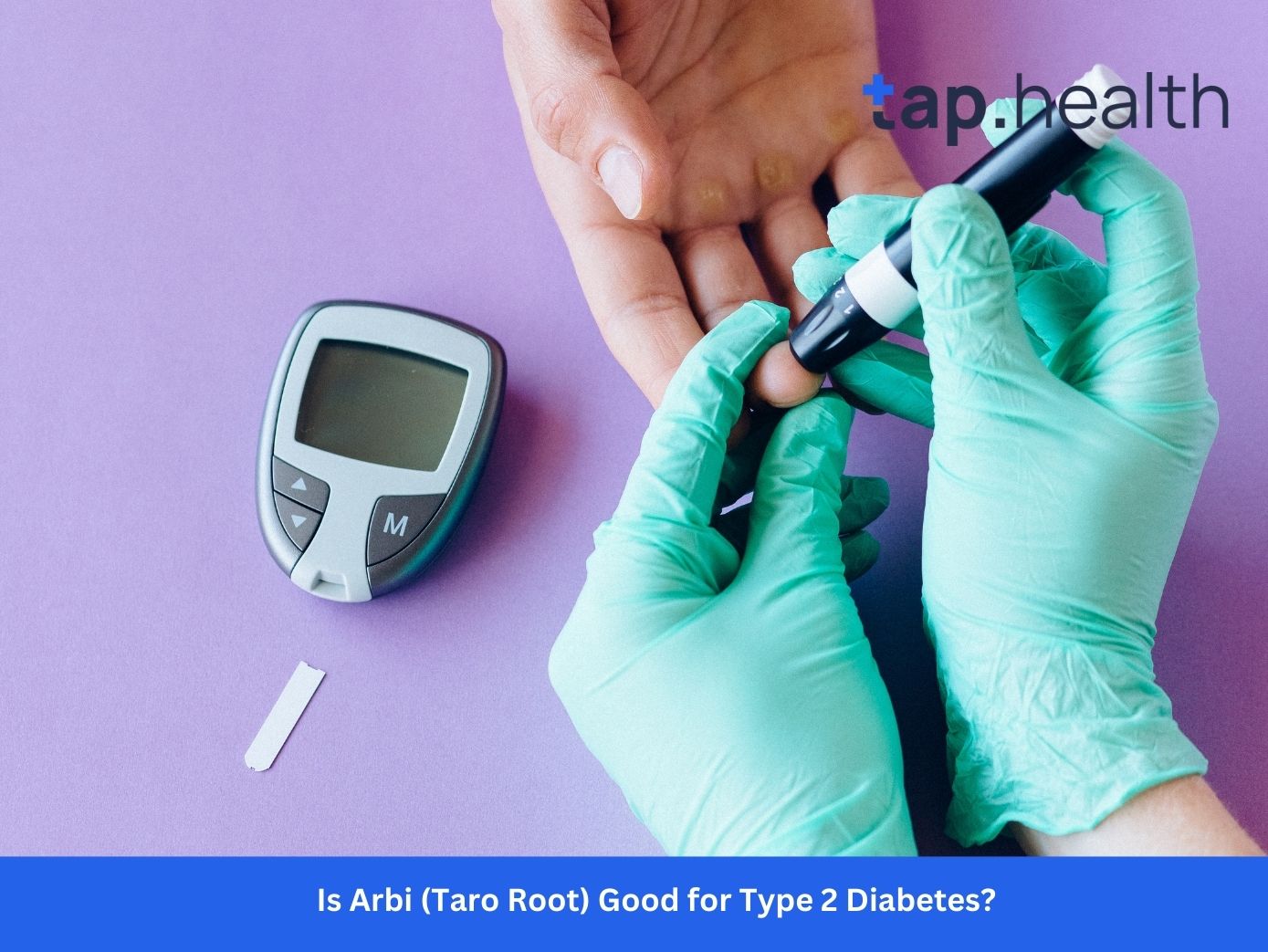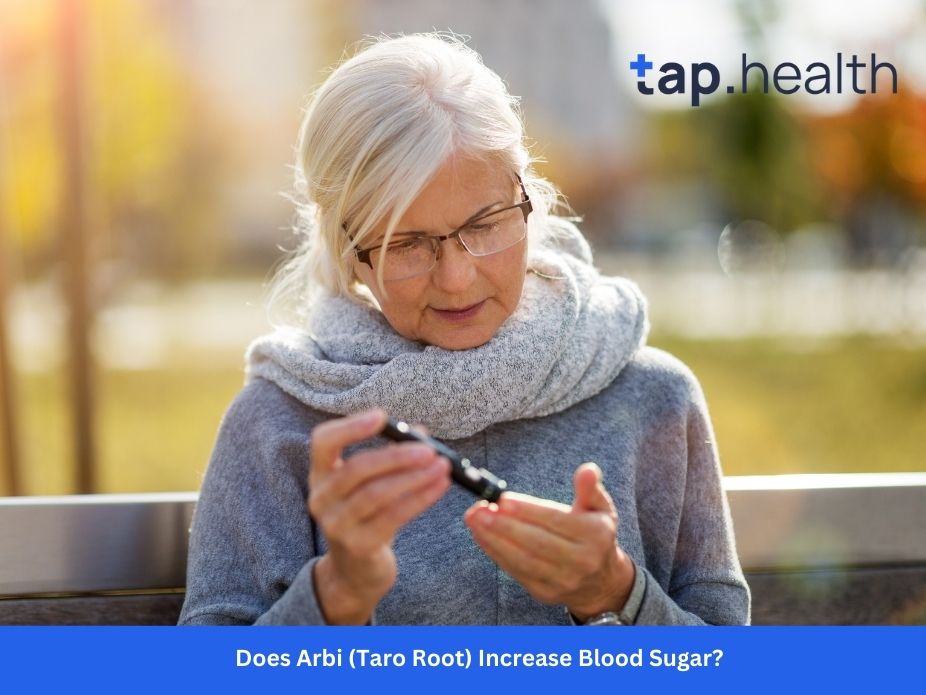Type 2 diabetes is a common condition that affects millions of people worldwide. It’s linked to various health complications, but there are certain conditions often mistaken as being related to it. Let’s dive into this topic to clarify misconceptions and provide accurate information.
Understanding Type 2 Diabetes
Type 2 diabetes is a chronic condition where the body either resists the effects of insulin or doesn’t produce enough insulin to maintain normal glucose levels. This can lead to high blood sugar levels, causing various symptoms and long-term complications.
Common complications include:
- Cardiovascular diseases
- Kidney problems
- Nerve damage
- Eye-related issues (retinopathy)
However, it’s essential to differentiate between conditions commonly associated with type 2 diabetes and those that are not.
Which Condition is Not Usually Associated with Type 2 Diabetes?
Conditions like hypertension and high cholesterol are frequently linked to type 2 diabetes. However, one condition that is not usually associated with type 2 diabetes is Alzheimer’s disease. While some studies suggest a potential link between diabetes and Alzheimer’s, it’s not considered a usual or direct complication. This distinction is important to understand the true scope of diabetes-related health risks.
Also read this : Post-Adrenalectomy Life: Managing Diabetes and Wellbeing
Why the Confusion?
The confusion often arises because both Alzheimer’s disease and type 2 diabetes share common risk factors such as age, obesity, and sedentary lifestyle. Yet, their underlying mechanisms differ significantly.
Real-life Scenarios
Imagine this: Ramesh, a 52-year-old teacher from Mumbai, recently diagnosed with type 2 diabetes, started worrying about Alzheimer’s after reading an article online. He consulted his doctor, Dr. Priya Sharma, who reassured him, explaining the difference between associated and non-associated conditions. She clarified that while managing diabetes reduces overall health risks, not every condition is directly tied to it.
Expert Contributions
Dr. Aarti Verma, a renowned endocrinologist based in Delhi, states, “Understanding the specific complications of type 2 diabetes helps patients focus on effective management. Conditions like neuropathy and cardiovascular issues are the primary concerns.” Source.
Recommendations Grounded in Proven Research and Facts
Managing type 2 diabetes effectively involves a combination of:
- Regular Monitoring: Check blood sugar levels consistently.
- Healthy Eating: Include a balanced diet rich in fiber, lean proteins, and healthy fats.
- Physical Activity: Aim for at least 150 minutes of moderate exercise weekly.
- Medication Adherence: Follow prescribed treatments strictly.
- Regular Checkups: Monitor for complications like kidney or eye problems.
These steps significantly reduce the risk of diabetes-related complications.
Factual and Reliable Information
Research from the World Health Organization (WHO) and American Diabetes Association (ADA) emphasizes the importance of lifestyle changes in managing diabetes. They highlight that while Alzheimer’s may share overlapping risk factors, it’s not a direct complication.
For more insights into health topics, check out Does IVF Cause Cancer?.
FAQ on Type 2 Diabetes and Associated Conditions
1. What are the most common complications of type 2 diabetes?
Common complications include cardiovascular diseases, kidney damage, nerve damage, and retinopathy.
2. Is Alzheimer’s disease related to type 2 diabetes?
While there is ongoing research on potential links, Alzheimer’s disease is not a direct or usual complication of type 2 diabetes.
3. How can I prevent complications of type 2 diabetes?
Maintain a healthy lifestyle, monitor your blood sugar regularly, adhere to medications, and schedule routine checkups with your doctor.
4. Can type 2 diabetes affect mental health?
Yes, diabetes can lead to emotional stress, anxiety, and depression. It’s important to seek support if you feel overwhelmed.
5. What role does diet play in managing type 2 diabetes?
A balanced diet helps maintain stable blood sugar levels and prevents complications. Focus on whole grains, vegetables, lean proteins, and avoid processed sugars.



